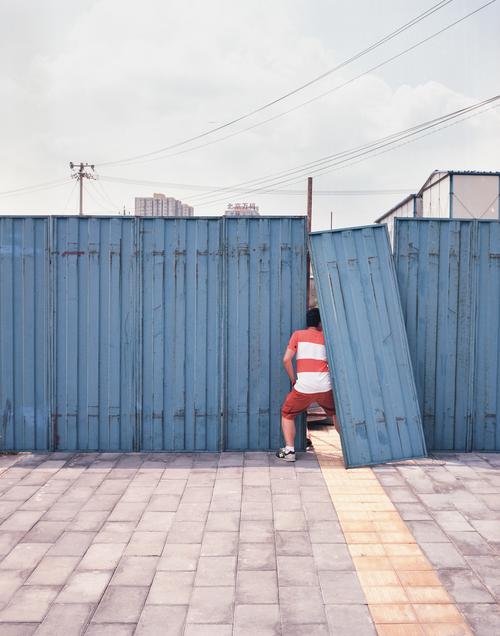Social Worlds: China's Cities as Spaces of Worldmaking
Social Worlds: China's Cities as Spaces of Worldmaking
Image Credit: Jannis Schulze
Social networks, communication flows, and power relations are condensed in cities. Global trends spread more quickly through transnational networks between cities. Cities thus function as catalysts, accelerating processes of worldmaking and change.
China's cities have become powerful contenders in the worldwide competition between cities for global capital, labor, and recognition. At the same time, the increasing interconnectedness of Chinese cities, especially since China joined the WTO in 2001, has left deep traces in the socio-spatial order of Chinese cities.
The project focuses, among others, on the following questions: How are social worlds created, transformed and/or marginalized in China's cities in times of rapid social change, advancing urbanization and globalization? How do locally shaped social worlds influence the contention of Chinese cities for global resources and recognition? How do Chinese cities then change the rules and norms of this contention?
It conceptualizes cities both as objects of worldmaking and active agents in world-making processes. Moreover, it combines two analytical foci: a structuralist perspective discussing the interconnectedness of global capitalism, forms of global governance and authoritarian governance structures in China with processes of worldmaking; and a micro perspective on social interaction and communication in interpersonal relations and social worlds of manageable size (family, neighborhood, city district).

